Stress is frequently defined as a physical reaction to life’s pressures. However, stress has both emotional and mental aspects. It emerges as ideas, feelings, and physical sensations. Another way to think about stress is as an internal and conditioned reaction to external stimuli.
People frequently seek the help of mental health specialists to help them cope with and manage their stress. They can also assist persons with various mental health disorders that have arisen because of coping with excessive amounts of stress.
What is stress?
Stress is referred to as “America’s leading health problem” by the American Institute of Stress. Most times, today’s stress in the United States is a reaction to psychological threats. Losing a career or seeking for work, the death of a loved one, or relationship problems are all potential hazards. Any of these things can happen more than once in a person’s life.
The fight-or-flight response evolved because of stress. This was a response to physical threats to one’s life. When adrenaline and cortisol are released into the bloodstream, the fight-or-flight reaction generates physical symptoms of stress. Increased blood flow, clotting, and raised heart rate, blood pressure, and blood sugar are all symptoms of these hormones.
The stress response is uncontrollable and immediate. These physical manifestations may occur numerous times during the day for someone with high stress levels. People with chronically high levels of stress are more likely to develop hypertension, stroke, diabetes, chronic pain, and heart attacks.
What are the Symptoms of Stress?
Physical, mental, and emotional symptoms can all be caused by stress. People are affected by stress in different ways. It can assist us in determining which aspects of ourselves are influenced by stress. People might be affected by stress on just one level, such as psychological, or on many levels, such as physically and emotionally.
Physical symptoms of stress include:
- Headaches
- Insomnia
- Fatigue
- Stomach aches
- Body pain
- Acne or breakouts
- Digestive issues
Mental symptoms of stress include:
- Anxiety
- Depression
- Suicidal ideation
- Food and eating issues
- Addictions and/or compulsions
- Substance abuse
Emotional symptoms of stress include:
- Irritability
- Sadness
- Anger
- Apathy
- Overwhelm
It’s fine to get treatment if you’re concerned about how any of these symptoms are impacting you. Talking about your stress with a competent therapist or doctor can help you learn how to handle it.
What causes Stress?
Stress isn’t necessarily brought on by a traumatic occurrence. Positive life experiences can be just as stressful as negative life experiences.
The Holmes-Rahe Stress Inventory is a tool that indexes and ranks common stressful occurrences. These numbers are used to assess a person’s risk of becoming ill as a result of stress. The following are some frequent life stresses, many of which appear on the stress inventory:
- Getting a new job or losing a job
- Getting married
- Being subjected to prejudice
- Having to deal with a change in your financial situation
- Keeping up with the news or politics
- Getting divorced or going through a breakup is a difficult situation to be in
- Beginning or ending school
- Having a child
- Moving
- Experiencing a loss
- Being diagnosed with a serious illness
How Therapy can help you manage Stress?
Know that you are not alone if you are suffering from stress. Everyone is affected by stress. You are not required to go through it alone; it is acceptable to seek help from others, even professional therapists. A therapist can assist you in identifying and better understanding your stress triggers, successfully dealing with the issues and difficulties that underpin stress, and developing an action plan to manage stress in a way that is helpful for you.
People are sometimes afraid to seek professional help for stress because they believe counselling is only for persons with diagnosable mental illnesses. Therapy, according to the American Psychological Association, assists people of all ages and backgrounds in addressing a wide range of difficulties, including life stressors, in order to improve their overall well-being.
Working with a therapist allows you to:
- So you’re not at the mercy of your stressors, develop strategies to help you manage your body’s stress reaction.
- Increase your resiliency.
- To keep stress at bay, make lifestyle choices that promote a healthy living.
- Learn new skills and develop new relationships with your triggers so that you can utilize stress to your advantage.
- You’ll have a better sense of control over your life.
- Find strategies to replace stress with a sense of purpose and significance.
- Identify and alter negative thought patterns that cause and contribute to stress.
Where to find a therapist for stress?
Seeking help from a therapist for stress can seem intimidating at first, especially if you’re already anxious and don’t want to add anything else to your already overburdened schedule. Knowing where to look can help make the process a lot easier.
For specific advice regarding “How can counselling help in Stress Management”, please visit Simply Align Rehab Physio in Scarborough/Toronto at simplyalignrehab.com or you can always call or text us for your Physiotherapy or Chiropractor needs in Toronto at (416) 628-8554.
